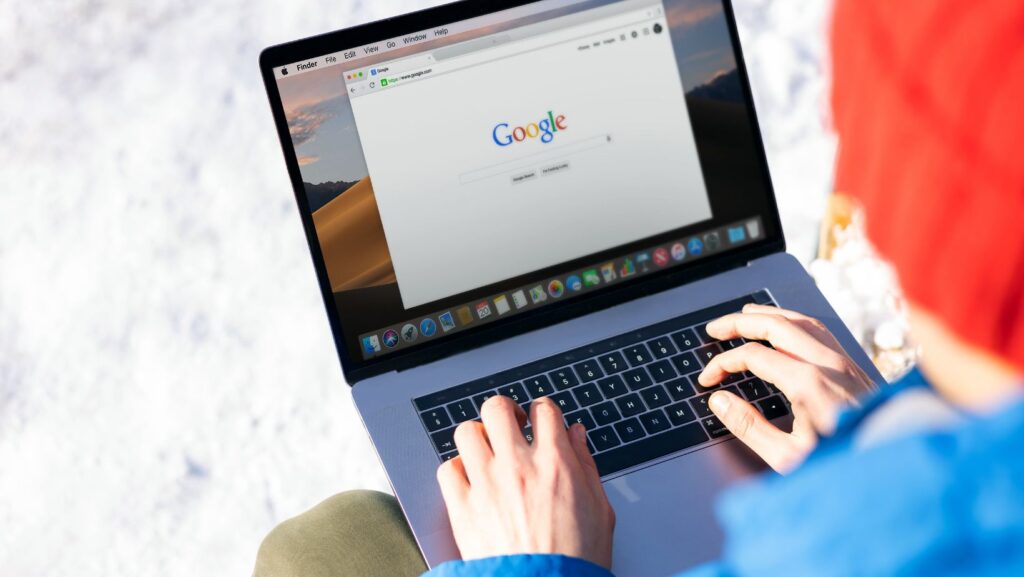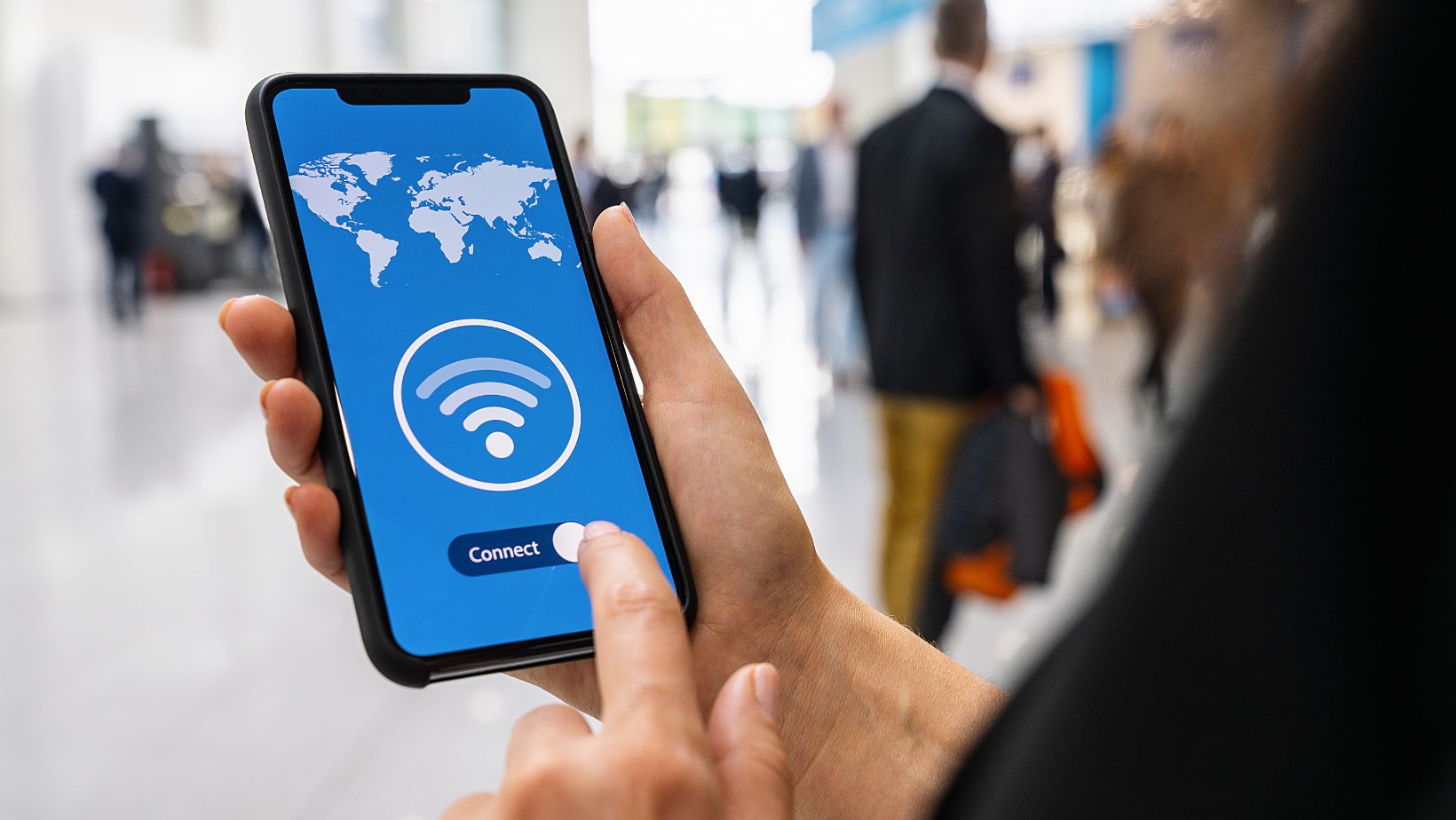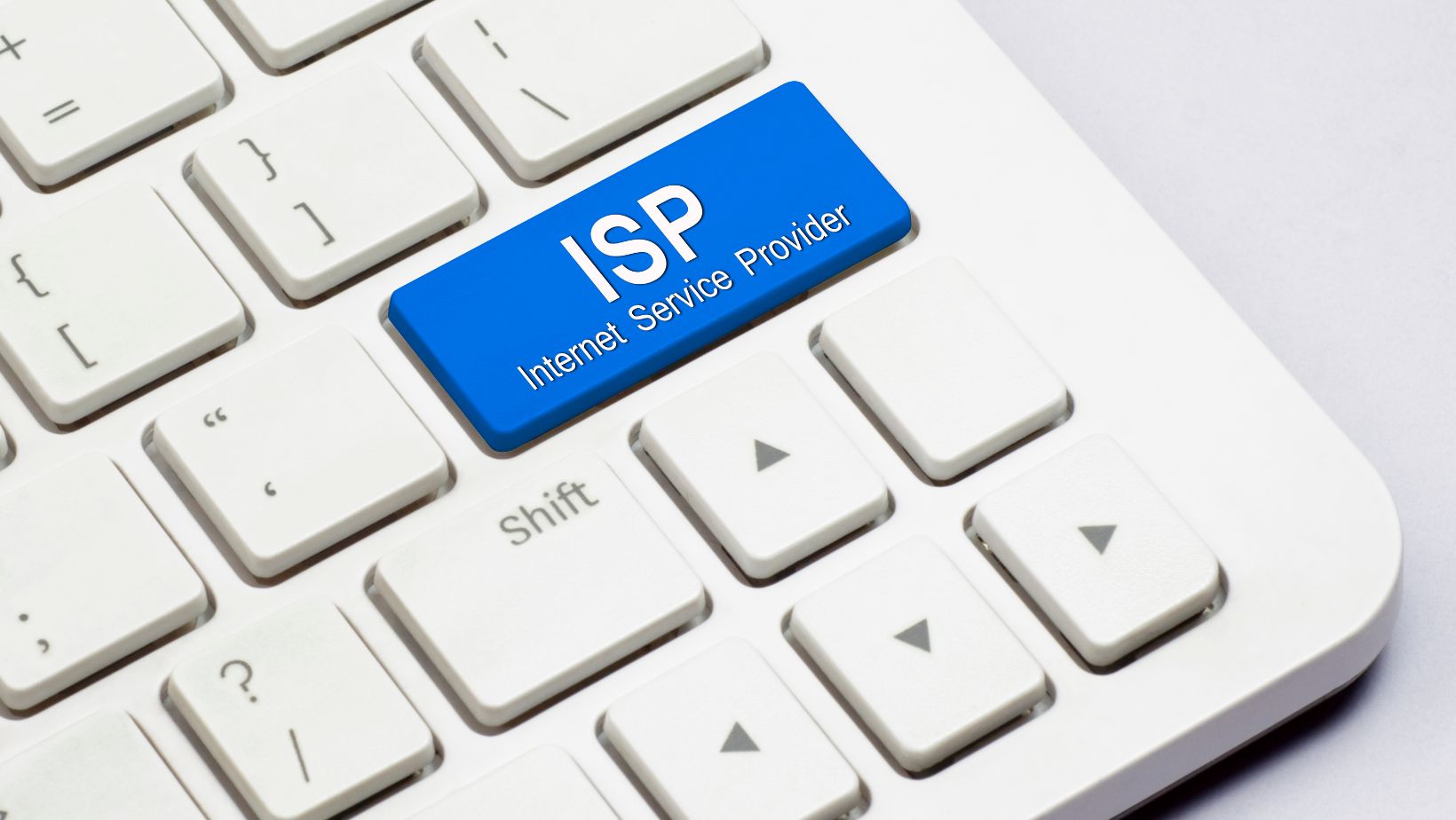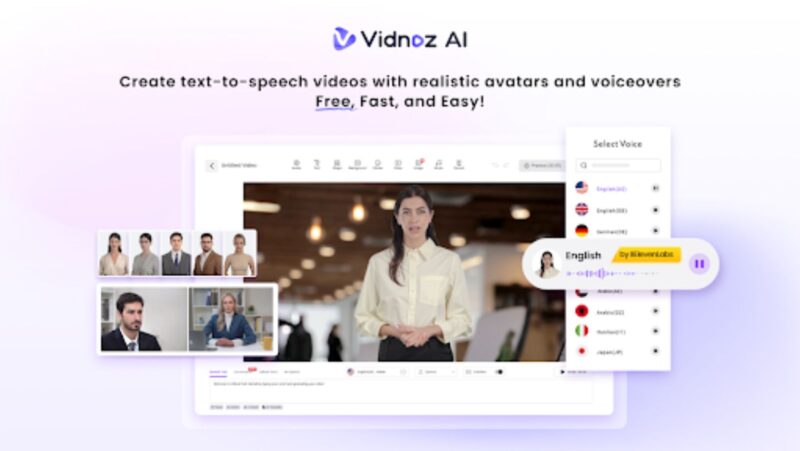
Be honest now – have you ever been bored and tried searching random words via Google or Bing to see what the suggestions bring up? Of course, search engines’ AI-driven algorithms will offer completely different tailored content for every individual person – but if you log out of your Google account, clear your cookies, and type in the first word that comes into your head, the results can be interesting.
Just trying now, when googling the single word ‘Bored’ – the first result we find is ‘Bored Ape Yacht Club’ (huh?) and under that ‘Boring Tuesday’. They say that the devil finds work for idle hands, so let’s get busy instead.
In reality, your search history can tell a lot about you, especially if you’re doing something you shouldn’t. For example, if you’re someone like ex UK prime minister Boris Johnson you might be googling ‘how to delete WhatsApp memos permanently’ or Hilary Clinton might have done well to search ‘is it OK for a secretary of state to send top secret messages via her own email account?’. But then again, no one is perfect!
So, if you’re a regular citizen wanting to clear your Bing search history, how can you go about it to ensure nothing remains to track your online activity? Aside from using the simple tools on Bing and other search engines to clear that history (at least from your perspective), perhaps the best way is not to have that history recorded in the first place. How so? By using an ‘incognito’ mode browser together with a virtual private network, known as a VPN.

A VPN is a simple yet effective piece of software, usually acting as a browser extension, which first connects your device to a third party ‘middleman’ server before connecting via whatever method to your regular internet service provider (ISP). In this way, the encrypted VPN server prevents your ISP, and indeed anyone else, from pinpointing your identity or your location. In short, a VPN means that nobody else on the internet can find out who you are nor where you’re at. This cloaking facility offers several advantages, even to private citizens, with nothing to hide. Let’s take a quick look at a couple of the benefits:
Safety on Public Wi-Fi
VPN servers are almost always armed with state-of-the-art security software. If you have a VPN extension on your phone and you drop into a coffee shop to use their free Wi-Fi hotspot, hackers often clone these networks to trap unwary visitors into logging on to the hacker’s own device. From there, they can install spyware and take a good look through everything on your email account, Amazon password, social media accounts, etc. But a VPN server would detect any malicious scam activity and disconnect you from that hotspot before any harm could be done.
Avoid activity monitoring
Even if you have incognito browser mode turned on, without a VPN, your ISP can (and does) monitor your every online activity. From your search history through to how long you spent on every web page, every time you do anything online, your ISP can track it. They sell such anonymized data to advertisers – effectively making money out of your behavior and preferences. But with a VPN, your ISP can’t know who you are; neither can government agencies, your employer, or anyone else. If you are a political activist or trade union member, you may well be on someone’s watch list. A VPN keeps you safe from those prying eyes.
Going Full Throttle
Some ISPs deliberately slow down certain customers’ connection speeds if they detect heavy data transfer activity, which might transgress a ‘fair usage policy’.

In effect, if you’re downloading and uploading gigabytes of data, the ISP can slow your connection to a crawl, which incentivizes you to contact them and upgrade to a faster package. A VPN anonymizes your account, so the ISP doesn’t know who to throttle – problem solved!
In the case of entire communities or regions having their internet speed throttled, this sometimes happens in response to load balancing requirements – perhaps if a small provincial town has a football team playing an NFL giant – everyone in town would turn on their streaming devices at the time of the match. ISPs throttle the connection to avoid outages. But again, if you’re using a VPN, the ISP doesn’t know where you are, so they can’t throttle you.
Save Money When Online Shopping
There’s a common but little-known practice known as ‘dynamic pricing,’ which often happens on e-commerce sites and especially flight and hotel reseller portals. In effect, analytics software determines visitors’ socio-economic status parameters based on value-judgment guidelines. If they think you’re rich, they’ll charge you more. Accordingly, if your IP address is detected as being, say, in a wealthy suburb of Paris, France, and you’re using the latest iPhone to access the target website, the algorithms increase the prices displayed. But if your IP address puts you in a village in Romania and you were surfing the internet via a 10-year-old but reliable Windows laptop, you’d be surprised how much cheaper the offerings become.
By using a VPN in this context, you can choose where to log on to the web anywhere in the world and get to pay the reseller site in local currency. So, if you’re in the USA looking to book a vacation in Mexico, choose a Mexican IP address from your VPN, pay less, and even remit that amount in pesos for a better exchange rate.
In summary, if you go online for any reason, work, leisure email, TV streaming, or shopping, a VPN can keep you safe and private whilst saving you money in the bargain. What’s not to like?










